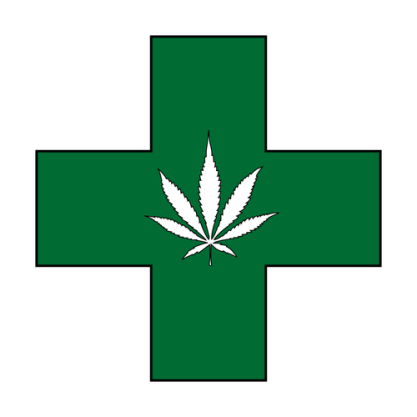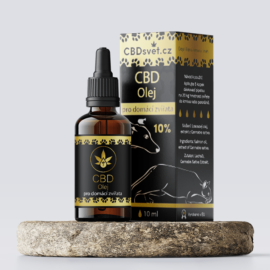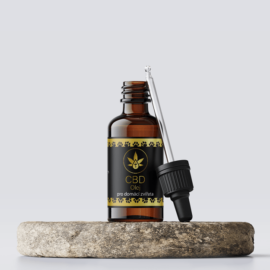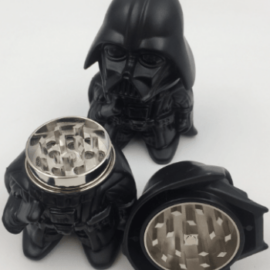
Cannabidiol – also known as CBD – is one of the main cannabinoids in the cannabis plant. Cannabinoids interact with your endocannabinoid system, which helps your body maintain a state of balance and stability, or homeostasis. Unlike tetrahydrocannabinol (THC), CBD is not psychoactive, which means it won’t “get you high”. Instead, it has a number of health applications such as reducing seizures in people with epilepsy and pain relief for various conditions. Some research and anecdotal evidence suggests that CBD can also help you get a good night’s sleep.
What does the research say about CBD and sleep?
To understand whether CBD can improve sleep, we must first understand what causes poor sleep. Many things can cause you to sleep poorly. According to one well-known sleep clinic, insomnia can be caused by: mental health disorders such as anxiety, post-traumatic stress disorder (PTSD) and medication for depression, which can disrupt your sleep cycle and cause wakefulness, and various physical conditions such as chronic pain and restless leg syndrome.
Caffeine – especially when consumed late in the day. Then it can be environmental factors such as loud noises or an uncomfortable bed.
If your insomnia is caused by external factors or related conditions, CBD can help treat the causes of insomnia.
Research published in 2019 looked at whether CBD can improve sleep or reduce anxiety. The study involved 72 subjects, 47 of whom had anxiety and 25 had poor sleep. Subjects were given 25 milligrams (mg) of CBD in capsule form each day. In the first month, 79.2 percent of patients reported lower levels of anxiety and 66.7 percent reported better sleep. Pain that can also cause sleep problems can also be helped by CBD. A 2018 Trusted Source in Frontiers in Pharmacology review noted that there is a considerable amount of evidence to support the claim that CBD relieves pain. The authors note that by reducing chronic pain, CBD may improve sleep. Other research tells us that CBD affects the sleep cycle. A 2014 study examined four patients with Parkinson’s disease. CBD was found to improve symptoms of REM sleep behavior disorder (RBD), a disorder in which a person fulfills their dreams. RBD is associated with poor sleep and nightmares.
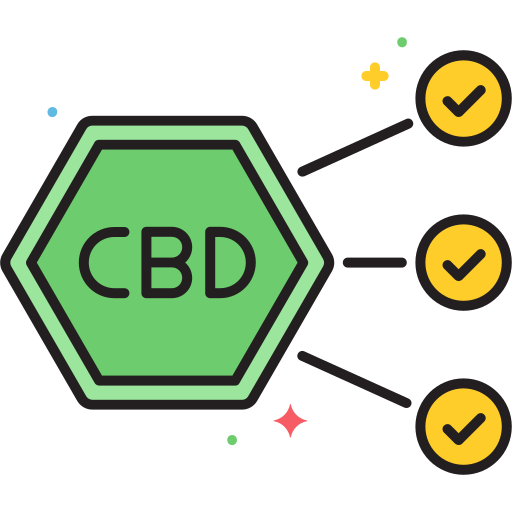
A 2017 review also noted that CBD may be useful in treating RBD and that it shows potential for treating excessive daytime sleepiness. CBD can also affect grogginess, another symptom of insomnia. A 2014 review found that CBD could have the potential to promote wakefulness, based on both human and animal research. The authors noted that they were not sure exactly how or why CBD promotes alertness in some cases.
CBD can help treat: causes of drowsiness, excessive daytime sleepiness, drowsiness
How does CBD improve sleep?
Even studies that have concluded that CBD can improve sleep are not always able to say why this is the case. Most of the studies mentioned above stress that we need more research on CBD before we fully understand how it affects our sleep. However, as noted above, many researchers claim that CBD improves sleep because it addresses the underlying causes of insomnia.
How to use CBD for sleeping?
There are several ways to take CBD. It comes in several different forms, including: vape concentrates, oils and tinctures, pills and capsules, and ingestibles such as chewing gum.
Products that may be of interest to you
Generally, vaping CBD gets it into your system faster than other forms. However, there is not much research on CBD vaping and vaping in general may pose respiratory risks. The dosage of CBD you use and the time you take it will depend on a number of factors. Your weight, personal body chemistry, and the nature of your sleep problems will affect how CBD works. What works for some people may not work for others.
Most clinical studies of CBD and sleep have involved administering subjects anywhere between 25 mg to 1,500 mg of CBD per day. It’s best to start with a low dose and gradually increase it until you find something that works for you. Much of the research on CBD, anxiety, and sleep has noted that many patients don’t notice an immediate difference. The 2019 study mentioned above noted that it took about a month for subjects to notice a difference. Be patient and remember that you are unlikely to get immediate results.
